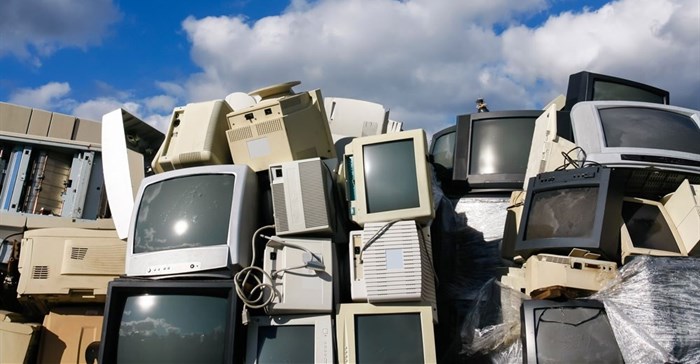
The conference focused on issues around the contextualisation of the e-waste challenges in South Africa, the management of e-waste in municipalities, e-waste recycling and policy and legislative environment. E-waste makes up between 5% and 8% of municipal solid waste in South Africa and is growing at a rate three times faster than any other form of waste.
Xperien CEO, Wale Arewa, says the challenge in the proper management of e-waste is a result of a lack of recycling infrastructure, poor legislation and inadequate funding. "The e-waste sector is a catalyst for socio-economic development; it is the source of new businesses and jobs.
"As part of the overall concern for the environment, the Department of Environmental Affairs has already seen many new job opportunities created in other areas of recycling such as tyres and plastic packaging. Neither of these, however, have the same challenges as those faced by e-waste," says Arewa.
He says the range of products to be recycled, the diversity of their contents and recoverable components and materials, provide significant challenges and present hazards that need careful management.
Company executives need to consider regulatory compliance, cost and more importantly, the protection of company information. E-waste disposal challenges facing companies in today's environment include legislative requirements, compliance to Protection of Personal Information Act 2013, the National Environmental Waste Management Act 2008, and the Consumer Protection Act 68 of 2008.
Echoing a warning by the e-Waste Association of South Africa, Arewa says Africa is becoming a dumping ground for America and Europe under the guise of donations. "If we do not manage our e-waste, South Africa could find itself and its people in a high risk health and environmental crisis."
This is aggravated by low levels of consumer awareness as well as unregulated disposal, collection and recycling e-waste processes, amongst others. Research shows that unrestricted use of the informal sector to handle e-waste can create more problems than it solves.
Metals such as lead, mercury, cadmium and arsenic are all present in e-waste. For those workers who spend endless days exposed to dangerous levels of toxic elements with little to no protection, while breaking down electronics by hand, are at huge risk.
"E-waste contains a number of hazardous materials, which if not handled correctly, present huge risks to those who process e-waste as well. That's why we believe any initiative to boost employment in the field of e-waste needs careful consideration. There is certainly an increase in e-waste disposal compliance awareness, customers realise this importance of choosing the correct partner for e-waste disposal," he adds.
The United Nations Environment Programme (UNEP), for example, forecasts that obsolete computers, both in China and in South Africa, will rise by 500% in 2020 compared to their 2007 levels. Statistics show for instance that developed countries will increase their exports of e-waste into China and Africa by 50%-80%.